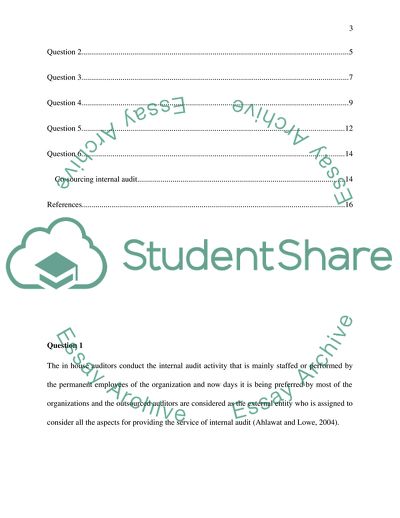Cite this document
(A critical analysis report for sources of information about internal Essay, n.d.)
A critical analysis report for sources of information about internal Essay. https://studentshare.org/finance-accounting/1859726-a-critical-analysis-report-for-sources-of-information-about-internal-audit
A critical analysis report for sources of information about internal Essay. https://studentshare.org/finance-accounting/1859726-a-critical-analysis-report-for-sources-of-information-about-internal-audit
(A Critical Analysis Report for Sources of Information about Internal Essay)
A Critical Analysis Report for Sources of Information about Internal Essay. https://studentshare.org/finance-accounting/1859726-a-critical-analysis-report-for-sources-of-information-about-internal-audit.
A Critical Analysis Report for Sources of Information about Internal Essay. https://studentshare.org/finance-accounting/1859726-a-critical-analysis-report-for-sources-of-information-about-internal-audit.
“A Critical Analysis Report for Sources of Information about Internal Essay”. https://studentshare.org/finance-accounting/1859726-a-critical-analysis-report-for-sources-of-information-about-internal-audit.


